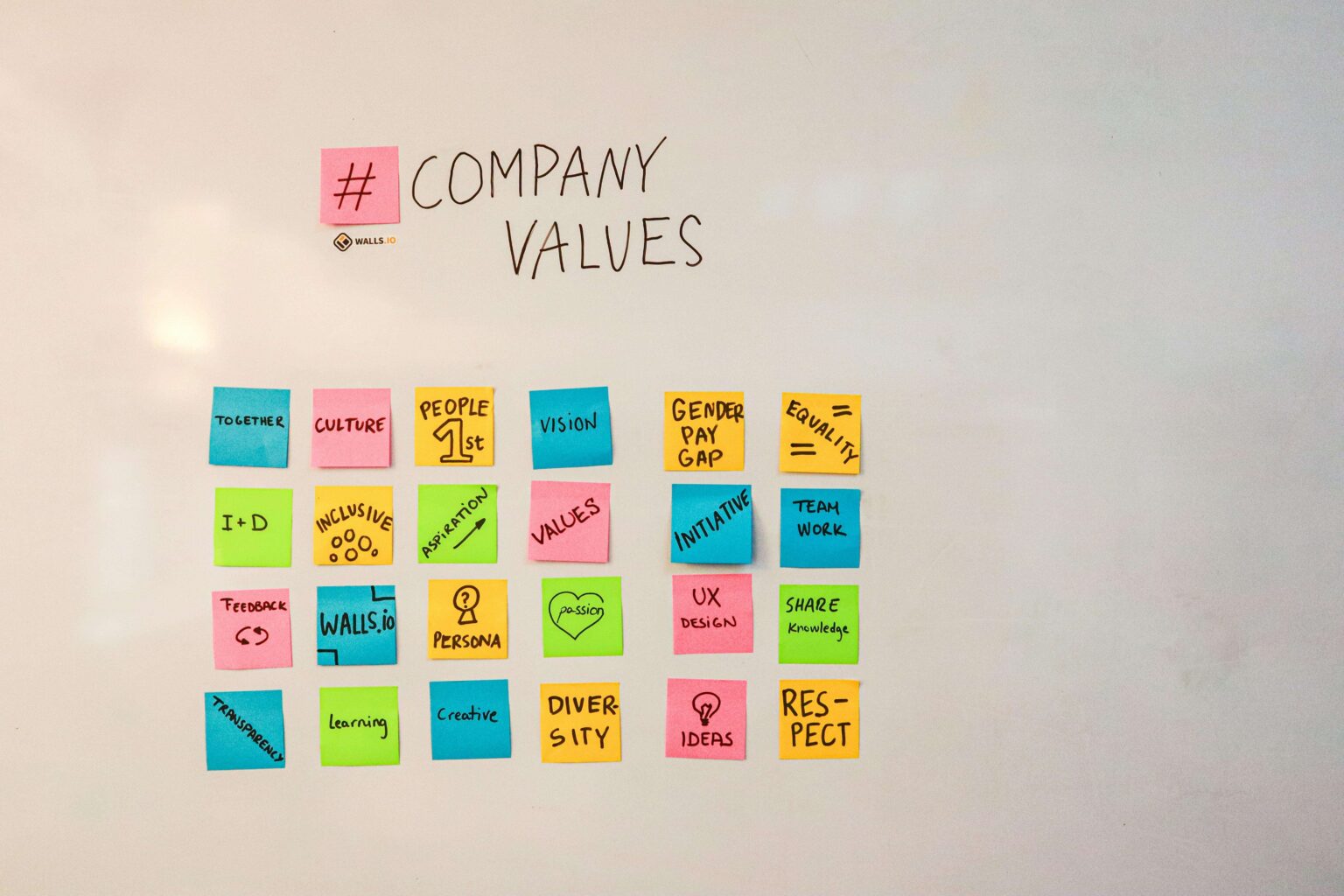Google: Innovation and employee centricity
Google is considered a pioneer in employer branding.
The company has managed to establish itself not only as a technological market leader, but also as one of the most desirable employers worldwide.
With an open climate of innovation, flexible working models and a corporate culture that promotes creativity and individuality, Google attracts the best talent.
In addition, locations such as the Google Campus in California not only offer first-class working conditions, but also numerous benefits, from free food to fitness and leisure activities.
Patagonia: Sustainability as a corporate philosophy
The outdoor company Patagonia impressively demonstrates how corporate values can be reflected in a strong employer brand.
Sustainability is a top priority at Patagonia – not only in terms of its products, but also in the way it works.
The company offers flexible working hours, supports voluntary work and is actively involved in environmental and social projects.
Those who work here feel that they are not just part of a company, but part of a movement.
SAP: Focus on diversity and inclusion
The German software group SAP proves that employer branding can also be strengthened through targeted diversity strategies.
With initiatives to promote women in management positions, programs for neurodiverse employees and an inclusive corporate culture, SAP is setting standards in terms of diversity.
The targeted promotion of different talents not only ensures an innovative working environment, but also increases the company’s attractiveness as an employer.
Starbucks: Employees as partners
Starbucks deliberately refers to its employees as “partners”, emphasizing the high value they have in the company.
In addition to fair wages and extensive social benefits, Starbucks also offers its employees educational opportunities, such as the College Achievement Plan program, which covers tuition fees for employees in the USA.
These investments in employee retention pay off in the long term and strengthen the employer brand.
Netflix: Radical transparency and personal responsibility
Netflix takes an unconventional approach to employer branding: the company relies on a culture of radical transparency and personal responsibility.
Employees have a great deal of freedom to make decisions and are encouraged to act innovatively and independently.
This is supported by an open feedback culture and flat hierarchies.
Netflix also offers attractive remuneration models and flexible working conditions to ensure that talented people are happy to stay.
Conclusion
These examples show that successful employer branding goes far beyond attractive salaries and benefits.
Companies that live authentic values, cultivate a strong corporate culture and respond specifically to the needs of their employees create an employer brand that attracts and retains talent in the long term.
Whether through innovation, sustainability, diversity, employee development or transparency – a strong employer brand is always the result of a well thought-out and credible strategy.
Anyone who wants to position themselves as an attractive employer in times of a shortage of skilled workers can learn a lot from these successful examples.
More on Employer Branding
- 8 steps to developing your employer branding strategy
- Employer branding: Retaining employees – attracting staff
- 8 creative approaches to strengthen your employer brand
- Competitive analysis in employer branding
- Employer Branding in the context of HR marketing: A key to success
- 8 tips for your employer brand campaign




